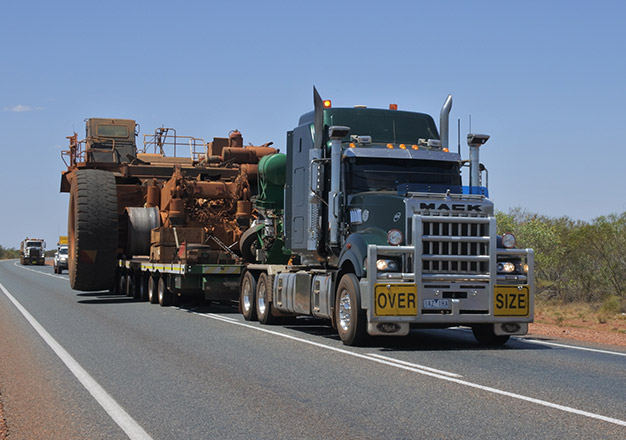With the threat of a strike by Canadian rail workers looming, U.S. West Coast freight facilities are experiencing increased pressure as shippers choose to redirect containers to the U.S. rather than risk potential operational disruptions. This shift in transportation routes has led to significant rate increases in dray and container storage capacity at the Port of Norfolk due to the closure of the Port of Baltimore following a containership collision on March 26 that caused the collapse of the Francis Scott Key bridge.
Challenges related to container dwell times at the inland point intermodal facilities in the Los Angeles and Long Beach (LA/LB) ports are also being exacerbated as a result of these developments.
The primary issue causing conflict between the two parties revolves around the scheduling and working conditions. Jonathan Abecassis, a spokesperson for CN Rail, emphasized the company’s acknowledgment of the importance of rail services and the need to have a mutually beneficial agreement with the Teamsters Canada Rail Conference (TCRC).
Abecassis stated that CN Rail is committed to reaching a deal with TCRC that will benefit the Canadian economy, customers, and employees. The company has proposed a contract to its workers, ensuring a 40-hour work week schedule and guaranteeing a specific number of days off. Additionally, Abecassis highlighted that workers are currently compensated based on the number of miles they travel, which he considers an outdated system.
Postponed Strike and Uncertainty in Rail Operations
The potential strike by Canadian National Railway (CN) and Canadian Pacific Kansas City (CPKC) rail workers, originally set to begin on May 22, has been postponed pending a review by the Canadian Industrial Relations Board (CIRB). This delay adds to the uncertainty currently gripping rail operations in North America.
Proactive Measures and Solutions
To mitigate disruptions, shippers are recommended to take proactive measures such as terminating imports at the port of entry and utilizing dray off, transload, and one-way trucking to efficiently move freight into distribution center networks. A similar approach is advised for exports, with one-way truckload, transloading near the port/terminal, and drayage into the terminal being crucial components.
By partnering with transportation providers like White Star Logistics, shippers can streamline operations and effectively navigate the evolving challenges in case of a Canadian rail strike. Proactive planning and strategic partnerships will be essential in maintaining supply chain efficiency in the face of impending labor disputes and congestion issues. Leveraging innovative solutions and industry expertise, shippers and carriers can ensure operational continuity.
#WSLProTips
- Utilize the discounted rates available through our online pricing tool for drayage services this week and throughout May.
- Plan ahead and anticipate potential disruptions in rail operations.
- Opt for efficient solutions such as transloading and one-way trucking to mitigate delays.
- By taking advantage of discounted rates and being proactive in addressing challenges, shippers can maintain supply chain efficiency and navigate the current disruptions in the freight industry with ease.
While port sources indicate that the likelihood of the Canadian rail strike within the next 60 days is too high, it is still crucial to remain proactive in preparing for potential consequences and staying updated on rail operations. It is important to adjust logistics strategies accordingly to mitigate any risks that may arise. Contact us today to discuss and plan your transportation services to and from ports throughout the US and Canada, ensuring seamless operations during any unforeseen events.





